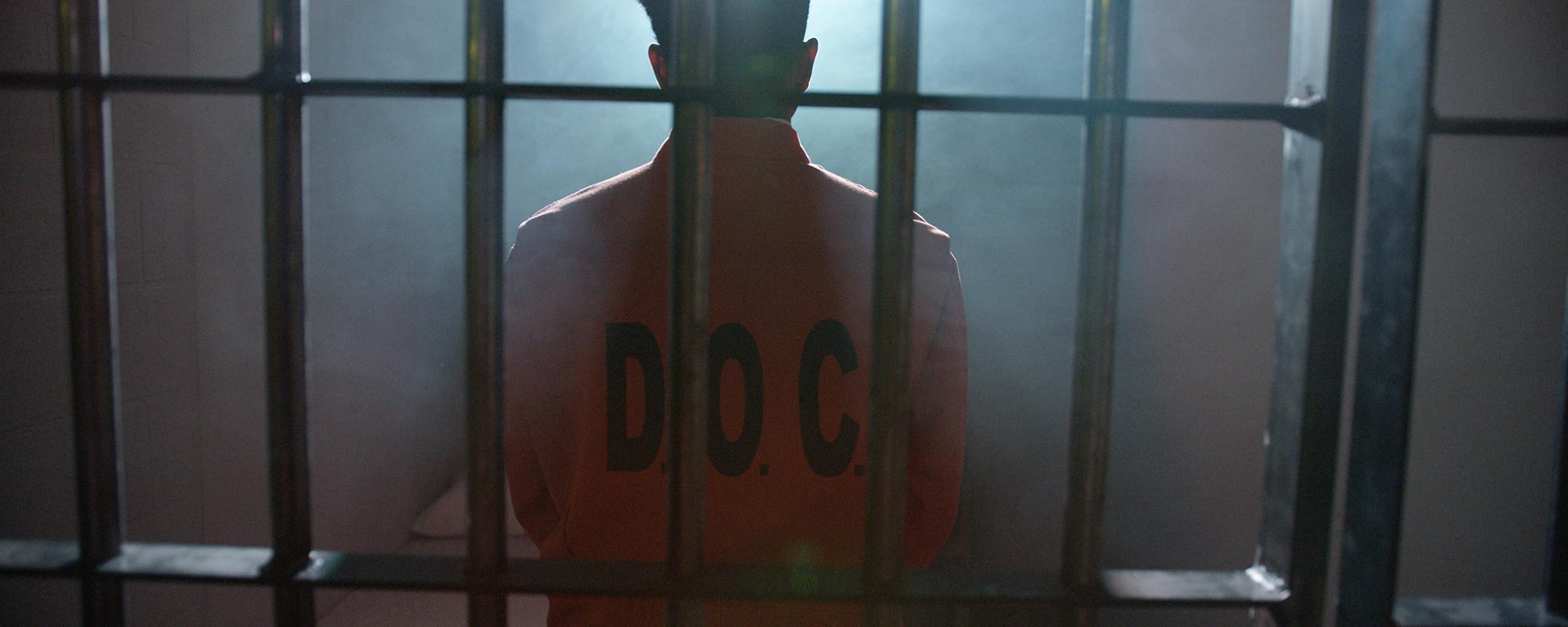Our constitution places limits on the state’s power to punish. The death penalty. Torture. Corporal punishment. Castration. Lobotomization. The Canadian Charter of Rights and Freedoms has protected people from these forms of punishment because they are unacceptable in any legal system that values basic human dignity.
CCLA appeared before the Supreme Court in R v Bissonnette to argue that the imposition of a life sentence of imprisonment, with no chance of release, is an excessive form of punishment that violates basic human dignity. Our legal, criminal and correctional systems must uphold human dignity for all people – it is a central touchstone of the Charter. Irreducible life sentences impose an interminable punishment—one that ends only through the prisoner’s own death. A criminal penal system that treats people like objects to be warehoused has no place in Canada. A criminal punishment that gives a judge the power to lock the door and throw away the key, eliminating all possibility of release by revisiting a person’s incarceration, is inhumane. It should have no place in Canada’s legal system.
Read CCLA’s arguments here.
Many thanks to the excellent pro bono representation from Stephanie DiGiuseppe and Harshi Mann.
About the Canadian Civil Liberties Association
The CCLA is an independent, non-profit organization with supporters from across the country. Founded in 1964, the CCLA is a national human rights organization committed to defending the rights, dignity, safety, and freedoms of all people in Canada.
For the Media
For further comments, please contact us at media@ccla.org.





